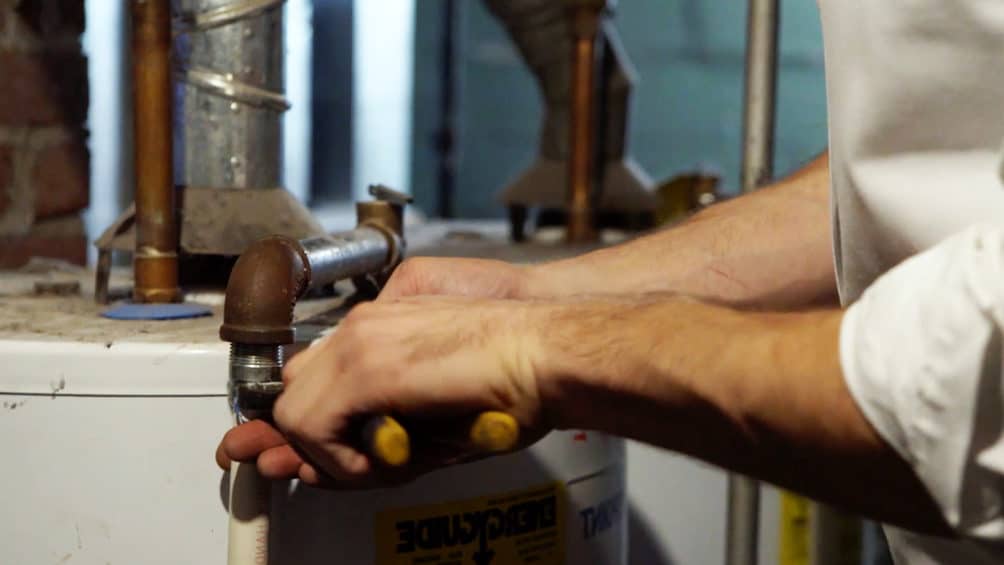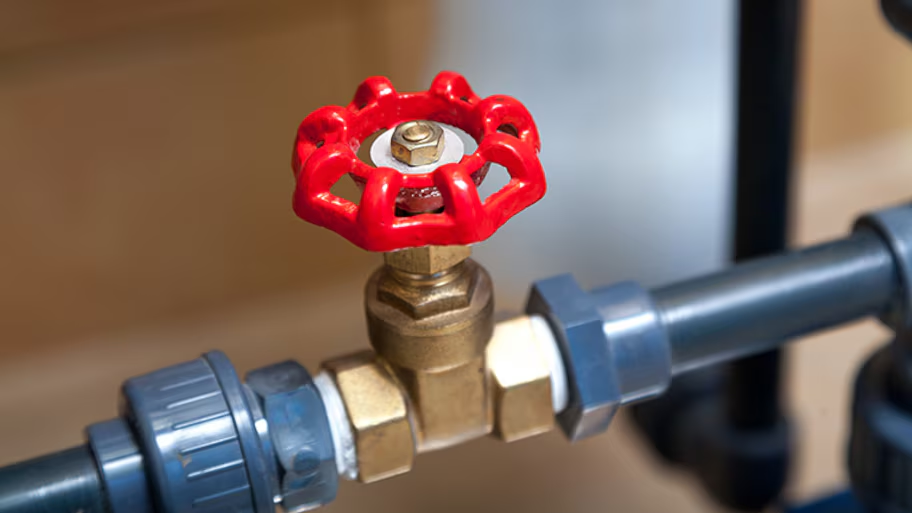Everybody seems to have their unique conception when it comes to Replacing Your Service Water Line.

Houses obtain water from a main source which might be common or private. This water line is generally set up underground with top quality water pipes that must last for a very long time. Nonetheless, as time advances the materials utilized in the water lines become more prone to environmental or internal problems that trigger them to deteriorate. For this reason, we can hear of plumbing troubles like leaks, staining, bad water stress, foul odors, etc. Troubles with your water line must not be taken with levity as they can progress to a lot more serious damages. Common water line issues include;
- Leaking shutoffs
- Natural resources
- Cracked or damaged pipes
- Corroded pipelines
Exactly how To Know That Your Water Line is Harmed
Being underground, problems with your water line can go unseen for years till considerable damages has actually been done. Nevertheless, there are some reminders that you can keep an eye out for. Having the ability to identify these indications means that you can require expert aid on time. A few of these consist of;
- Vibrating noises in pipelines when no water is running
- Pools on your lawn when it has actually not drizzled
- Water leak on the streets
- New cracks to your house's structure
- Low water stress
- Blemished or smelly water
- Mold, mold, and moisture at the reduced levels of your residence
- These pointers suggest a hidden concern that must be skillfully addressed as soon as possible.
Typical Root Causes Of Water Line Concerns
Your water line being buried underground subjects it to numerous inner and outside problems. Any type of damages sustained can be due to one or more of the following; - Corrosion
- Insect damage
- Penetrations by tree roots
- Soil disruptions
- Internal mineral buildup
- Wear and tear
- Freezing and thawing and several others.
The Dilemma of Repair or Replace
Home owners are generally confronted with these 2 options anytime there's a plumbing problem. It is necessary for you to carefully review the scenario handy as well as with respect to past and future indicators make an enlightened selection. Reviewing this with your plumber is extremely recommended. If the water line is old (about 50 years old) you need to be taking into consideration replacing it. This is due to the fact that such plumbing troubles are related to aging advertisement are most likely to repeat. If you have been repairing underground plumbing problems for some time, a full substitute will also save you a more frustration in the future. Nevertheless, if the materials are not old and can conveniently be fixed for less than it will take to replace, opt for the repair alternative.
Trenchless Water Line Repair Service
In contrast to old methods which require full excavation of the waterline, the trenchless technique provides the option of fixing problems within a shorter time. It entails the setup of pipes of smaller size within the old ones. This size difference as little or no result on performance. This method is useful because it is non-invasive and also economical. This method makes it possible for repair work to be completed within a day or more with minimum disruption to your lawn.
10 SIGNS YOU MIGHT NEED WATER LINE REPAIR
The main water line leading to your home is one of the most critical components of your property’s plumbing system. If it happens to break, you’ll need a professional plumber to repair or replace the degraded components, which can be both costly and time-consuming. Plus, not only can a broken water line cause extensive flood damage, but it can also cause damage to the street, causing it to crumble. Fortunately, there are several warning signs which indicate your property may require water line repair. An awareness of these factors can help you to get your water line checked and repaired before it’s too late:
Frequent clogs
One of the most common signals that your property might need water line repair is periodic, unexplained clogs. You may start to notice that clogs are becoming more frequent and harder to clear. If this is the case, the cause can be less to do with the internal plumbing of your home and more to do with the main water line. A professional plumber can perform a water line inspection and let you know if repair is required.
Noisy fixtures
Even though plumbing systems include the flow of water, it doesn’t mean that your plumbing system should be overly loud when in operation. If you hear pipes clanging when you turn on the water supply, your toilet gurgles when you turn on the tap, or you hear whistling or dripping sounds regularly, these are indicators that one or more pipes in your Atlanta, GA, home are damaged. These symptoms also indicate there could be an issue with your main water line.
Low water pressure
When there’s a blockage in the main water line, such as tree roots or clogs, you’ll see a change in water pressure. A large enough leak will cause a noticeable drop in water pressure and slow the amount of water coming into your home. If you’ve noticed that even with a pressure regulator, you do not see a normal amount of pressure, then a water line repair might be required. If you’re not getting any water at all entering your home, this is a sign that your water line has ruptured completely. Common causes of restricted water flow that can affect mains water pressure are excessive mineral deposits and tree root punctures. If you notice a sudden change in water pressure, call a plumber right away to determine the cause.
Pooling water
One of the most common signs that indicate an issue with the main water line is the presence of pooling water. If you see unexplained puddles forming in your yard, soggy patches of lawn that were previously fine, or extra-lush grass and plants growing near your main water line, these are all indicators of a below-ground leak. Water leaking into the soil adds extra moisture that the nearby plants can use to grow quicker than in other areas of your yard.
Excessive rust and corrosion
Older water pipes, such as those used for mains water lines, used to be constructed from iron, which is heavily susceptible to rust. If you’ve got an older water pipe running into your home, it is better to replace it with copper piping as these modern pipes are much more resistant to oxidation and corrosion. A water line inspection can identify the type of water line you’ve got running into your home and determine whether you would benefit from water line replacement to ensure rust doesn’t affect your water quality. White, chalky deposits and green spots on visible pipes can also indicate excessive rust may be affecting your plumbing system.
Warm basement flooring
Particularly if you start to notice any warm spots under your basement flooring, you may be experiencing a hot water line leak underneath your foundation slab. You might also see other signs of water damage in your basement such as mold, wet flooring, and cracks starting to appear.
https://peachplumbingatlanta.com/10-signs-you-might-need-water-line-repair-atlanta-ga/

Hopefully you liked our topic on How to Tell If You Need a Water Line Repair or Replacement. Thanks so much for finding the time to read our piece. Sharing is nice. Helping others is fun. Thank-you for taking the time to read it.
Book An Estimate Now

